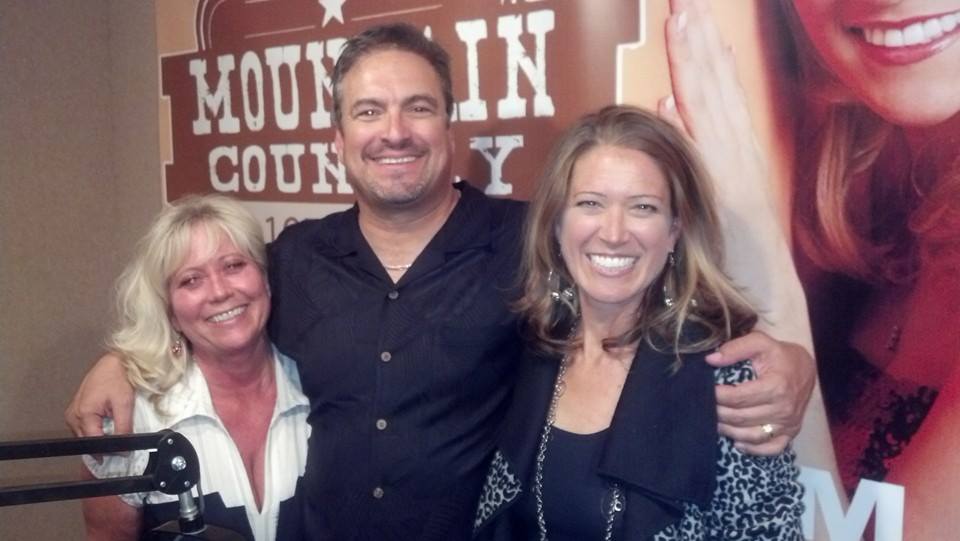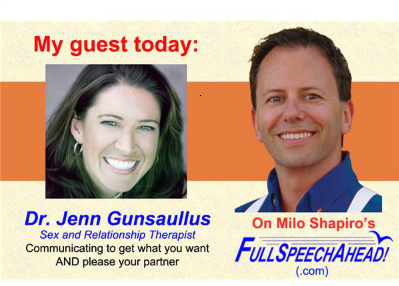Are You Feeling Pressured? A New Way to Ask for Sexual Consent
/
I’m recently single after the end of a 5-year monogamous relationship, so negotiating sexual interactions with new men is back on the table. I’ve started dating, moving slowly to get my bearings and allow things to unfold at a pace that feels right. This matters to me both emotionally and sexually. During a recent sexual encounter with a man I’d been on a few dates with he surprised me with the question: “Are you feeling pressured?” It was our first time doing anything sexual and we were slowly progressing through a sensual evening. His question gave me pause. Was I? I did not want to have intercourse, but how far did I want to go, and was he pushing those boundaries? I appreciated his willingness to check in with me.
Compare this to another recent situation with a different male friend, where I blatantly stopped his sexual progress. He acquiesced, but had an odd look on his face. When I questioned him, he stammered a bit. “You stopped me like you didn’t want me to do that, but I think you do want me to do that.” “No,” I said, “I didn’t.” While I was experiencing sexual interest and arousal, that didn’t mean I just wanted to charge ahead.
Men and women often perceive sexual interest and consent in different ways. Recent research (1) on gender and consent found that men seemed confident they knew how to read their female partner’s consent, and relied on nonverbal signals. However, women responded that they were more likely to use verbal indicators to actively give consent. Another research (2) study found men where more likely to perceive sexual interest from women in situations where it was not present, especially if they deemed her physically attractive. Women, on the other hand, underestimated the sexual interest of men. In addition, males are socialized to be the initiators and aggressors in sexual situations, so pushing boundaries is how they learn to make sexual activity happen. Females are often socialized to be nice, non-confrontational, and “good girls,” so rocking the boat by slowing down or halting intimate situations can feel so uncomfortable and inappropriate, they will avoid it. Combine all of these factors and we can see how sexual miscommunication can be the norm.
I highly admire and appreciate being asked, “Are you feeling pressured?” for several reasons. He asked for verbal consent, instead of making assumptions. He noticed I was not rushing the process and wanted to check in. His tone of voice conveyed care and concern, and a genuine interest in my well-being. And he stated it as a passive question, compared to asking, “Am I pressuring you?” I was asked to respond to how I was feeling, instead of being asked to make a direct accusation. This language made a big difference to me because I felt more comfort to respond honestly. This subtle but critical difference helped accommodate the socialized “good girl” in me.
Was I feeling pressured? After a pause, and a quick emotional and physical scan of the situation, I responded, “No, you’re not pressuring me. I’m OK. And thank you for asking.” Even with my self-awareness and comfort around sexual conversations, I still had to pause and reflect. An important part of consent is knowledge of self in any moment, which includes one’s sense of safety, desire, arousal, attraction, fears, expectations, identity, and alcohol consumption. These are complex topics. I appreciated his awareness that helped me reflect on mine.
(1) http://www.ncbi.nlm.nih.gov/pubmed/23919322
(This was originally published to The Good Men Project.)
~Dr. Jenn Gunsaullus -- San Diego Sexologist, Sexuality Speaker, Sociologist














































